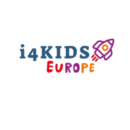i4KIDS-EUROPE publishes report "Challenges and Opportunities for Effective Paediatric Innovation in Europe"
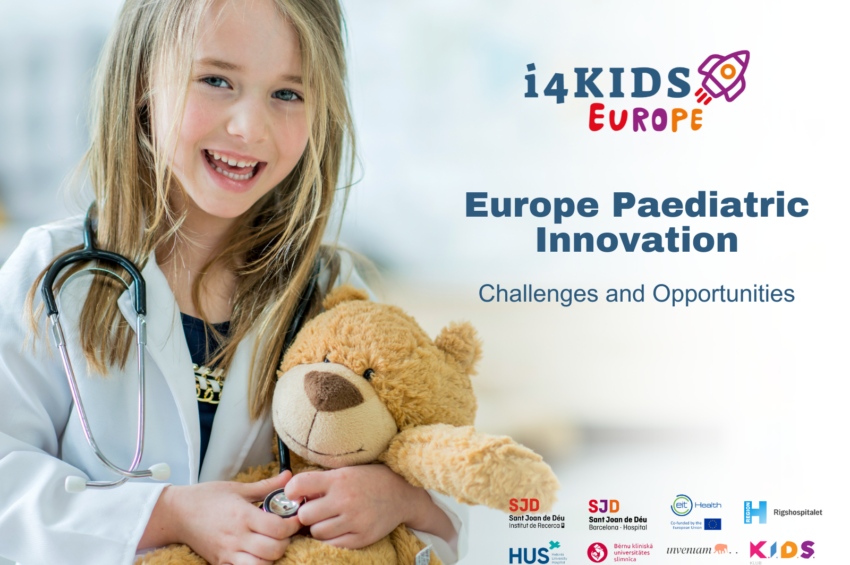
Children account for 25% of the global population, yet only 1.6% of venture capital investment in healthcare is directed towards paediatric projects. Furthermore, nearly half of the medicines used in paediatrics are “off-label”, meaning they are not specifically approved for use in children, while most medical devices are designed for adults and must be adapted for paediatric patients.
Faced with this reality, the i4KIDS-EUROPE project, coordinated by Sant Joan de Déu Barcelona Children’s Hospital, has released the report, “Challenges and Opportunities for Effective Paediatric Innovation in Europe”. The White Paper has been led by Fundación EIT Health Spain, a Co-Location Centre (regional hub) of EIT Health, which is part of the European Institute of Innovation and Technology, a body of the European Union. The report analyses the current state of paediatric and maternal health innovation in Europe, identifies the key barriers hindering progress, and proposes a series of strategic actions to strengthen the sector and ensure children receive safe, effective, and tailored healthcare solutions.
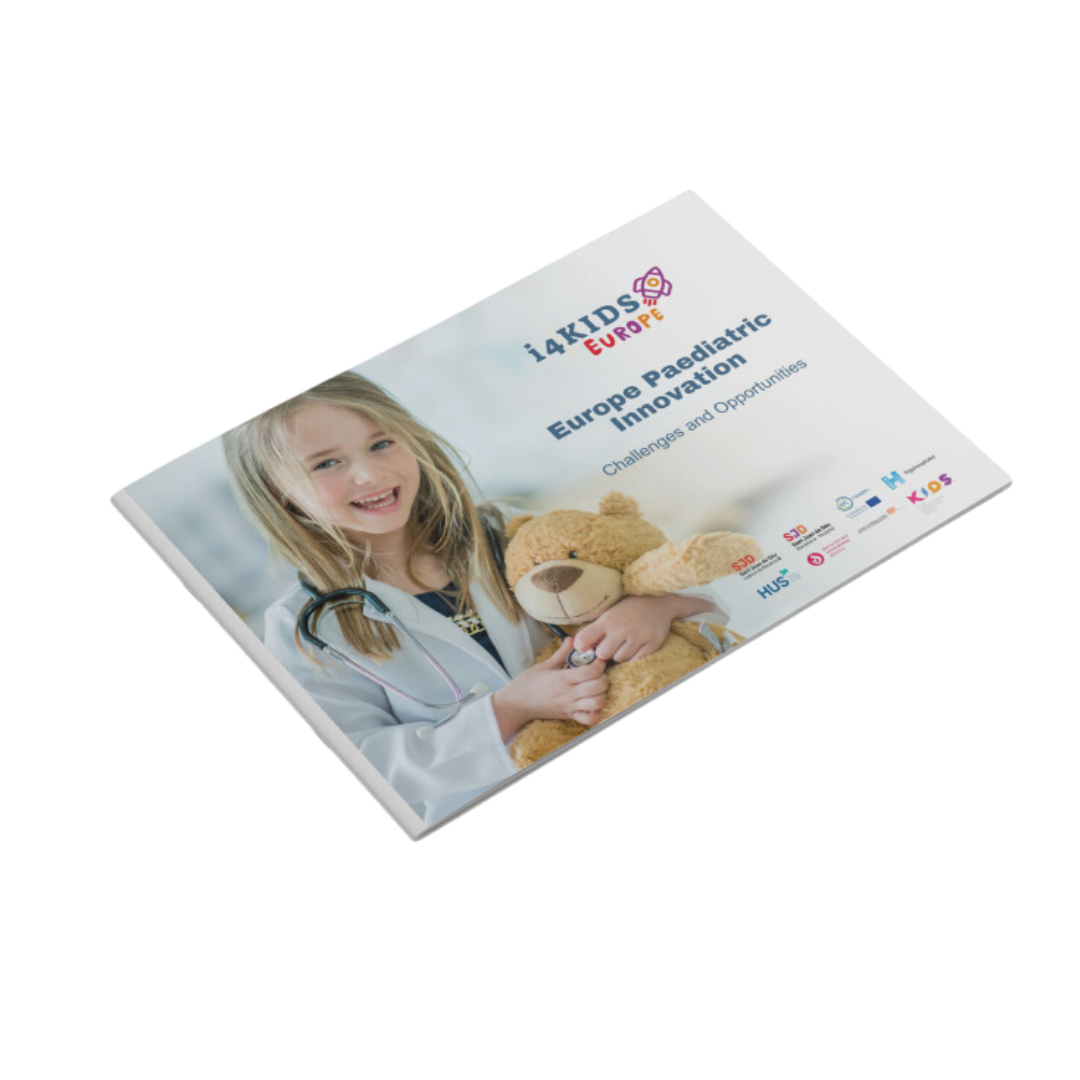
A Unique Opportunity for Transformative Paediatric Innovation
“The i4KIDS-EUROPE project represents a unique opportunity to transform the paediatric innovation landscape in Europe by addressing one of the most neglected areas in healthcare. There is an urgent need for specific solutions for children’s health and this project offers visibility of the most disruptive innovation in this area“, says Izabel Alfany, General Manager of EIT Health Spain.
Key Barriers to Paediatric Innovation
The report, based on extensive research that includes surveys, interviews, and workshops with leading professionals in paediatric, maternal, and fetal healthcare, as well as researchers, industry stakeholders, patient associations, and institutional representatives from 16 European countries, highlights the following key barriers:
- Off-label use of medicines: Up to 50% of medicines used in paediatrics, and as much as 90% in neonatal intensive care units, are not approved for this population. This increases the risk of toxicity and adverse reactions, as children’s drug absorption differs significantly from that of adults, particularly in neonates with immature physiological systems.
- Medical devices designed for adults: Most medical devices are created with adult physiology in mind, forcing medical professionals to adapt them for paediatric use. This compromises safety and effectiveness, as these adaptations are not optimised for children’s bodies.
- Low investment in paediatric projects: Only 1.6% of venture capital funding in healthcare is allocated to paediatric innovation, a disproportionately low figure considering that children constitute 25% of the global population.
- Regional disparities: Financial and technological resources are concentrated in countries with advanced innovation ecosystems, while emerging regions, particularly in Southern and Eastern Europe, face significant limitations in infrastructure, funding, and collaborative networks.
Strategic Actions to Transform Paediatric Innovation
The report proposes several concrete measures to overcome these barriers and build a cohesive and efficient ecosystem for paediatric innovation across Europe. Key priorities include:
1. Increasing Public and Private Investment in Paediatrics
- Allocating specific funding for paediatric projects within European funding programmes.
- Introducing tax incentives to encourage business participation in child health innovation.
- Establishing intermediate funding mechanisms to sustain promising projects once initial funding is exhausted.
- Shifting investor mindset towards a more impact-driven approach rather than focusing solely on immediate financial returns.
2. Flexibilising and Updating Regulatory Frameworks
- Developing legal tools to facilitate supervised research and prioritise paediatric developments.
- Leveraging real-world evidence to accelerate the approval and monitoring of paediatric products.
- Creating harmonised guidelines for medical devices and digital therapies tailored to children’s specific needs.
3. Facilitating the Adoption of Innovations
- Reducing market entry barriers, particularly for startups and small enterprises, by improving access to hospitals and healthcare systems.
- Establishing reimbursement schemes tailored to paediatric technologies.
- Strengthening public-private collaboration to foster open innovation initiatives centred on the needs of end users.
- Actively involving patients and their families in the design and validation of new solutions.
4. Strengthening Human Resources and Infrastructure
- Creating dedicated innovation teams within hospitals to address unmet needs in paediatric patients.
- Implementing multidisciplinary co-creation training programmes, such as the Biodesign model, that involve clinicians, researchers, and entrepreneurs.
- Providing specific training to equip professionals with the necessary skills to tackle the challenges of paediatric innovation.
5. Enhancing Visibility and Collaboration in Paediatric Innovation
- Developing digital platforms to centralise information on funding opportunities and successful paediatric innovation projects.
- Organising pan-European events to foster collaboration across countries and sectors, while showcasing successful projects to attract new investments.
A Call to Action for the Future of Children’s Health
The report underscores the importance of addressing the current gaps and promoting a European agenda that prioritises paediatric innovation. The goal is not only to guarantee access to innovative treatments for all children across Europe but also to drive sustainable and competitive growth within the child health sector.
Arnau Valls, Director of i4KIDS and Coordinator of i4KIDS-EUROPE, emphasises, “Investing in child health is not only an ethical necessity but also a key strategy to secure the future of our society. This report is a crucial step towards identifying and addressing the gaps that prevent equitable access to healthcare for all children in Europe.”
The i4KIDS-EUROPE initiative
i4KIDS-EUROPE, a Coordination and Support Action (CSA) funded by Horizon Europe, operates across five European countries (Spain, Finland, Denmark, Poland, and Latvia), from January 2023 to January 2025. Uniting a diverse array of expertise and resources, the consortium comprises the following leading European institutions: Sant Joan de Déu Barcelona Children’s Hospital, Institut de Recerca Sant Joan de Déu, HUS Helsinki University Hospital, Fundacja K.I.D.S. Children’s Hospitals Innovators’ Club, EIT Health Spain, Inveniam Group, Children’s University Hospital Latvia, and RegionH Mary Elizabeths Hospital – Rigshospitalet. Its mission is to strengthen sector competitiveness and unlock the innovation potential within the European paediatric sector. The initiative seeks to integrate and support underrepresented actors, particularly in moderate and emerging innovator countries, into the paediatric innovation ecosystem, ensuring a more interconnected and cohesive environment to drive significant advancement in the sector.
This European project expands the current i4KIDS, Pediatric Innovation Hub created in Barcelona at the end of 2020, led by Sant Joan de Déu Barcelona Children’s Hospital (HSJD). It has more than 60 member and associated entities as well as 93 research groups to promote the development of innovation and research projects in foetal, paediatrics and maternity health to improve diagnosis and treatment.
More documents available: Executive Summary Whitepaper_i4KIDS-EUROPE and Press Release.
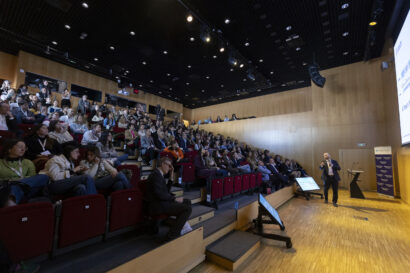
Featured
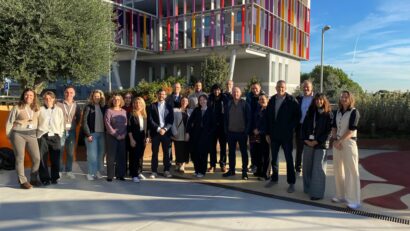
Featured

Featured
